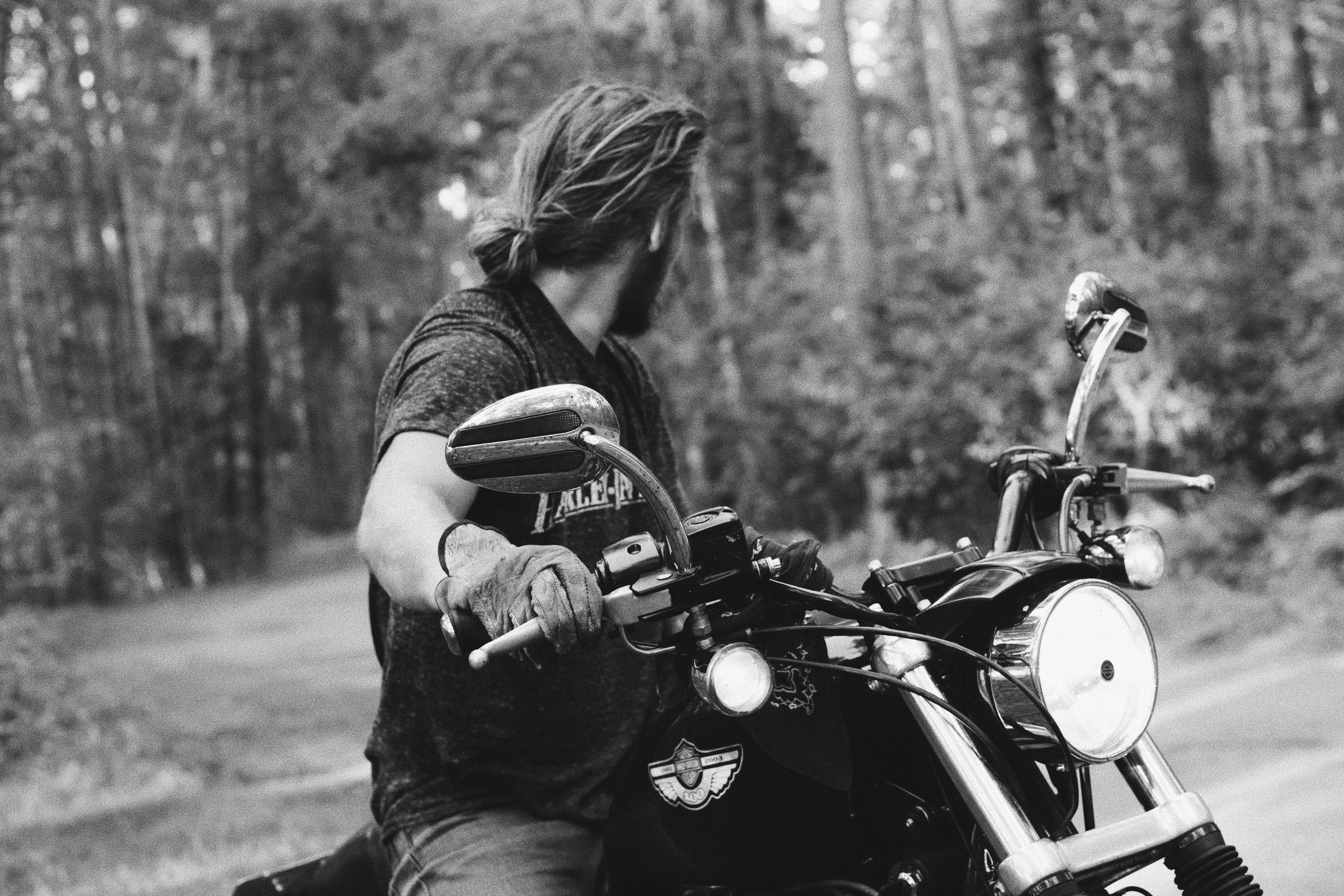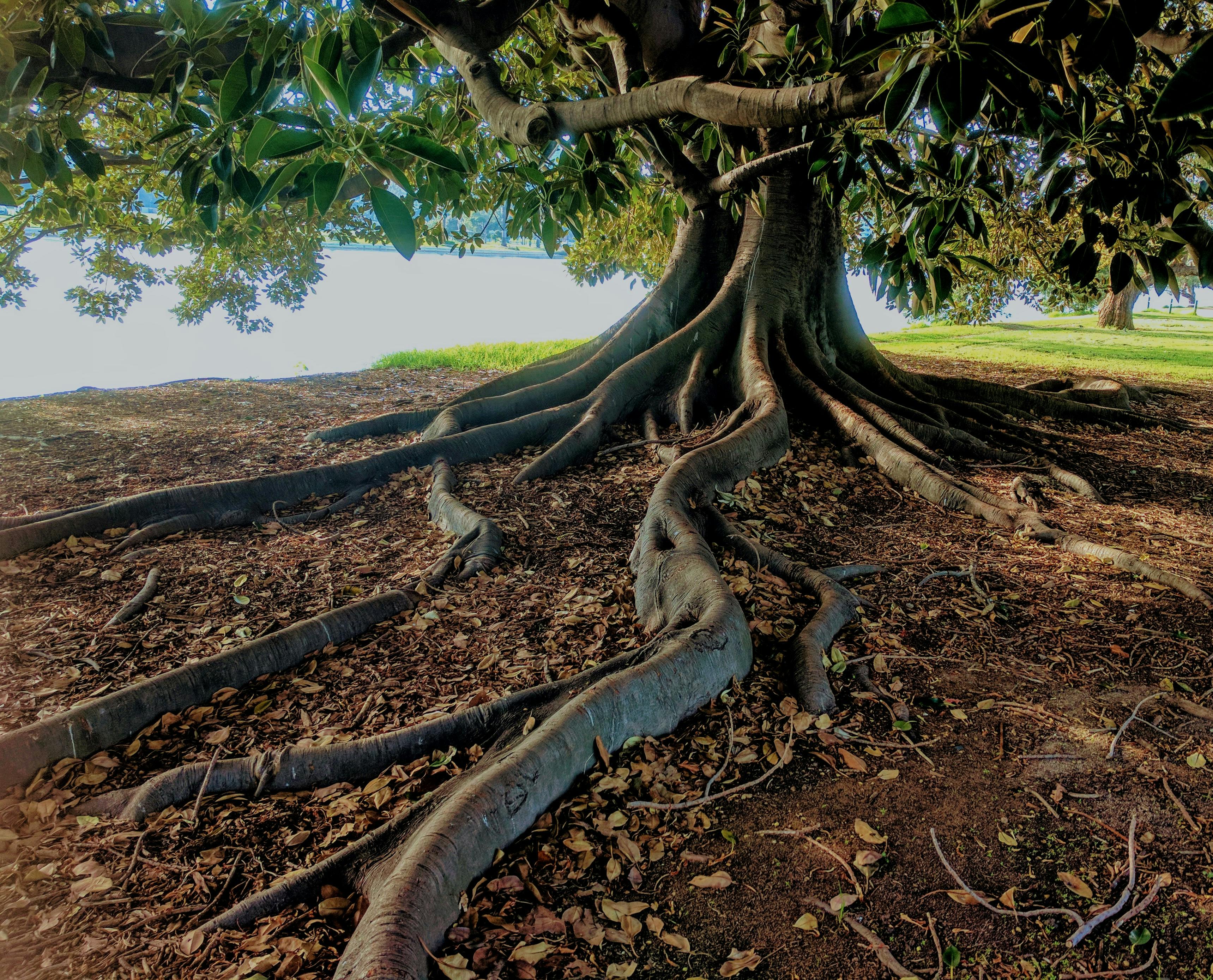Adventure and excitement is what people crave and expect from outdoor adventures today. As outdoor professionals continue to push the limits of what their bodies and equipment can handle, the public will continue to be inspired to step out of their own comfort zone and explore new experiences.
2004, I was sixteen years old and working as a dishwasher in my hometown. My family took me on a trip to a local ski resort where I took a snowboarding class and soon after began my professional outdoor career. I loved snowboarding very much, but at 16 I couldn’t afford the lessons I wanted or the cable car ticket. So, I decided to get a job at the resort to get classes and a free ski pass. After much practice and training, he was climbing hills and working as a snowboard instructor.
Snowboarding has been around in the United States since the 1960s, when people began experimenting with lacing up their skis. It wasn’t until the late 1970s, when Burton and other inspired surfers began making better designs and attaching foot tethers, that snowboarding became very popular. Now snowboarding is big business and in western North Carolina alone there are six major resorts to choose from and one Gold Pass that gets you into all of them. The North Carolina Ski Areas Association Final Analysis of Economic Value reported that the overall economic value of the ski resort industry to the state of North Carolina was $146 million for the 2009-2010 season.
After a few seasons of snowboarding, I found myself, like others, looking for another adventure. It was easy to find in western North Carolina as we are home to some of the best whitewater in the US. We have everything from one of the oldest rivers in the world, the French Broad, to the most difficult to navigate section of dam-released whitewater in the United States, the Green River Narrows. American Whitewater published a study from Tapoco that predicts that the Cheoah River, with an ideal amount of discharge, would have an annual production of more than $6 million. The study also estimates that the US National Whitewater Center in Charlotte will generate between $1.4 and $2.0 million a year. White water rafting has come a long way since it began around 1811 in Wyoming, when people began to navigate the Snake River.
To this day I am still a fan of whitewater. However, instead of guiding rafts, I teach whitewater kayaking lessons and lead inflatable kayak trips. With white water there is one uncontrollable factor to deal with, and that is rain. A river doesn’t run without water, and during North Carolina’s last great drought I looked for other forms of outdoor adventure employment. It seemed logical to get out of the water and find work on land.
Rock climbing, as a sport, developed out of mountaineering and has grown in popularity since John Muir first ascented Cathedral Peak in 1869. The Access Fund now estimates that more than 4.2 million people participate in rock climbing. every year. In North Carolina, we have some of the best climbing spots and routes on the East Coast. Looking Glass Rock offers several long-slab courses, Rumbling Bald has endless bouldering and sport routes, and there are more than seven rock climbing adventure companies in the Asheville, NC area alone. Western Carolina, Warren Wilson, and Brevard College all have well-known rock climbing classes and equipment. Although rock climbing is not the most popular outdoor activity, it still has great economic value and helped usher in the latest most popular outdoor activity.
Used as a method of accessing remote locations and exploring the treetops, ziplining is now the hottest new outdoor adventure. North Carolina has the second most zip lines and canopy tours in the United States, Hawaii has the most. Navitat Canopy Adventures made over $1 million in its first season in operation and now has the longest zip line on the East Coast, at over 3,500 feet long. The Gorge, in Saluda, NC, built the fastest canopy tour in the nation. These are just two of the many zip lines in North Carolina, most of which have acquired grants awarded to them with the idea of creating jobs, moving the community forward, and boosting ecotourism. Ziplining is just about the perfect outdoor activity. The participant requirements are easy to meet, it is a foreign activity and the risks are well balanced. The perceived risk is that if you fall, you will die. However, it is statistically safer than all other outdoor activities. Industry standards established by the Association of Challenge Course Technology manage the risk of being at height so well that incidents involving significant injury are highly unlikely.
I love working as an outdoor professional. Sometimes it means working with a tough crowd and tough environmental factors, but the rewards are worth the risks. Helping others have a new and positive experience outdoors is what I love to do. Outdoor industries are growing and so is ecotourism in North Carolina. The question to be answered, for entrepreneurs, is: what is the next big thing to explore for outdoor adventure?



Recent Comments